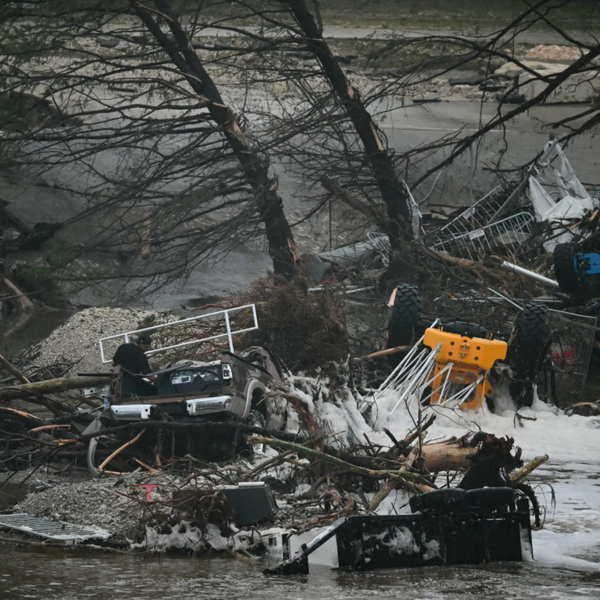
Reprinted with permission from DCReport
Utilities soon could get federal approval for the riskiest way to get rid of coal ash.
The latest Trump EPA proposal to prop up the financially struggling coal industry would make water supplies more vulnerable to the ash, the toxic remnants of burning coal.
A report from the Environmental Integrity Project warns that the enduring legacy of coal ash will be groundwater pollution such as that in Memphis where city water is threatened.
The EPA proposal to set up a permit program to dispose of coal ash applies in Native American territory and states except two. Oklahoma and Georgia have set up their own permit programs. The Oklahoma program, which allows dumping in unlined ponds unless they leak, is being litigated.
Coal-burning power plants produce about 100 million tons of coal ash yearly. Arsenic, lead and mercury lace the ash. Companies mixed the ash with water and stored it in unlined pits called coal ash ponds.
Such carelessness led to catastrophes, including 130 million gallons of coal ash and water being released into the Clinch River near Cleveland, Va., in 1967. The spill killed an estimated 217,000 fish and damaged the river for 35 years. In 2014, a break in a pond at Duke Energy’s plant in Eden, N.C., sent 27 million gallons of sludge into the Dan River.
Jenny Cassel, an attorney for Earthjustice, said the language in the proposed Trump regulations would allow utilities to seek permits to continue to operate coal ash ponds which fail more frequently than landfills.
The Environmental Integrity Project found that 92 percent of plants with regulated ponds have at least one that leaks. Also, 76 percent of plants with regulated landfills have at least one leaking landfill. Researchers found the groundwater often has unsafe levels of four or more pollutants. They included arsenic, which causes cancers, and lithium, which can cause kidney damage and birth defects.
The levels of contamination at many sites are hundreds of times greater than what could be considered safe. For example, some of the wells at New Castle Generating Station in West Pittsburg, part of TaylorTownship, Pa., and Allen Fossil Plant near Memphis, Tenn., have enough arsenic to cause cancer in one out of six people.
The contaminated groundwater near Memphis is connected to the aquifer that supplies the drinking water for Memphis. About a third of coal ash ponds are within five miles of a public drinking water intake or reservoir. About 80 percent are within five miles of a drinking water well.
Obama administration regulations would have allowed unlined ponds to remain open until they showed statistically significant evidence of contamination.
In August 2018, the Court of Appeal for the D.C. Circuit threw out this part of the law, writing that many of the 575 known unlined ponds are likely to contaminate groundwater. The Trump EPA recently proposed that unlined ponds stop accepting coal ash by Aug. 31.








